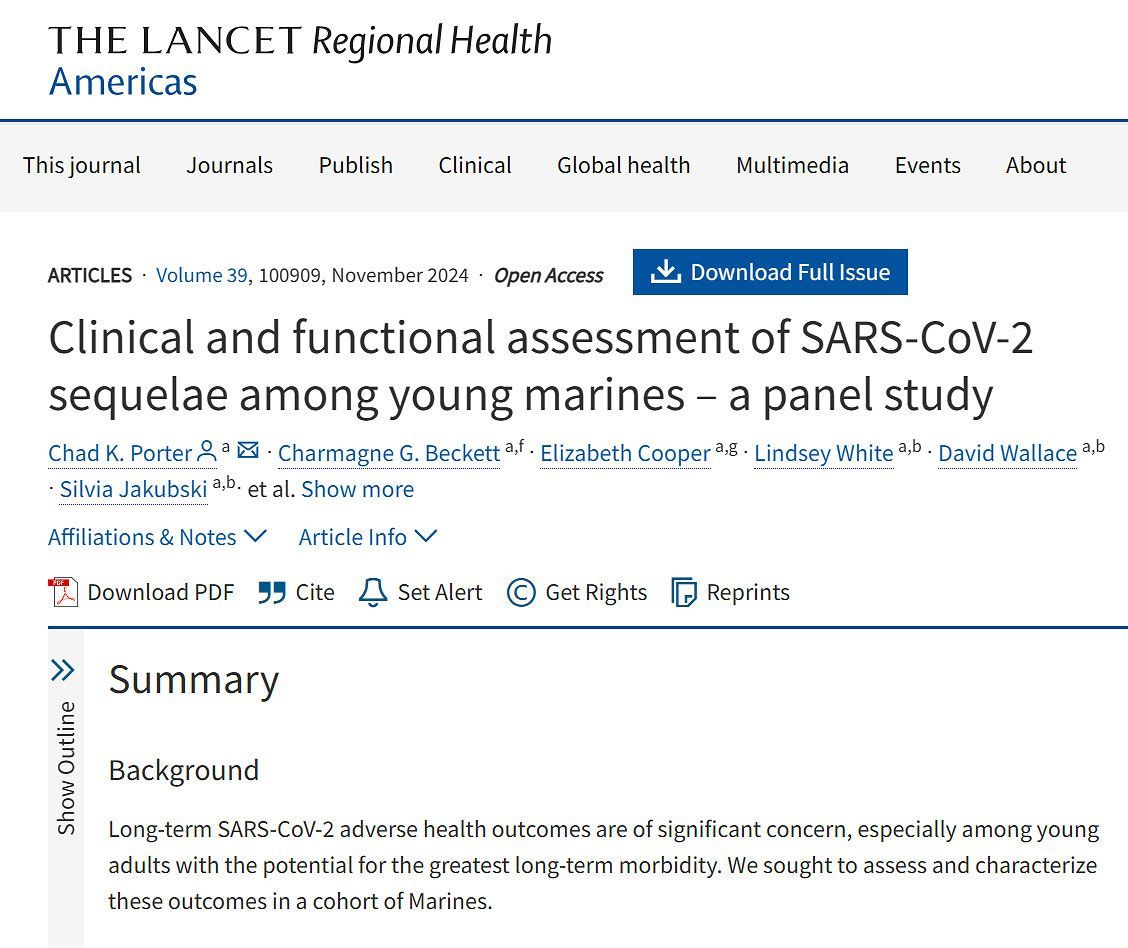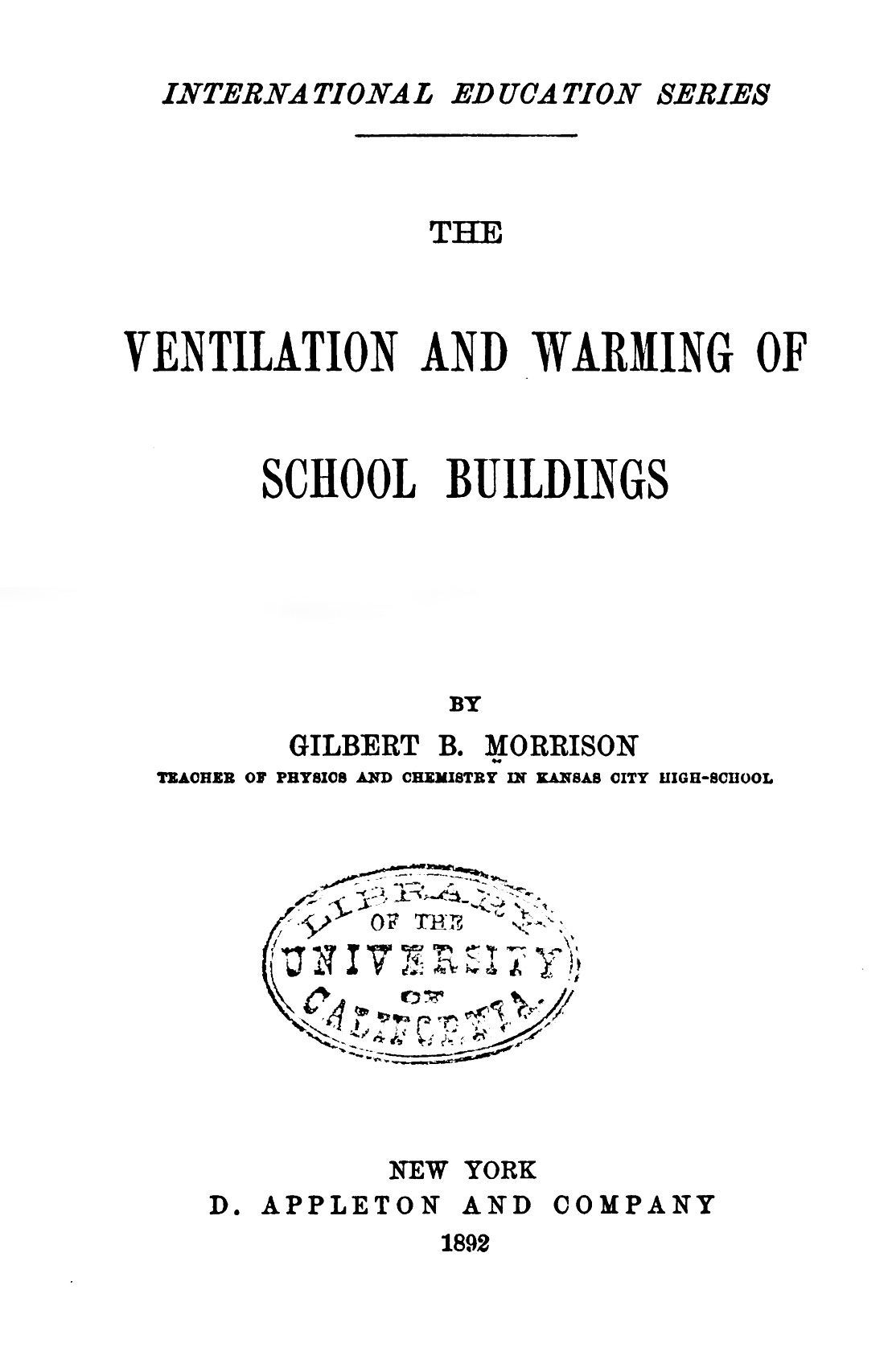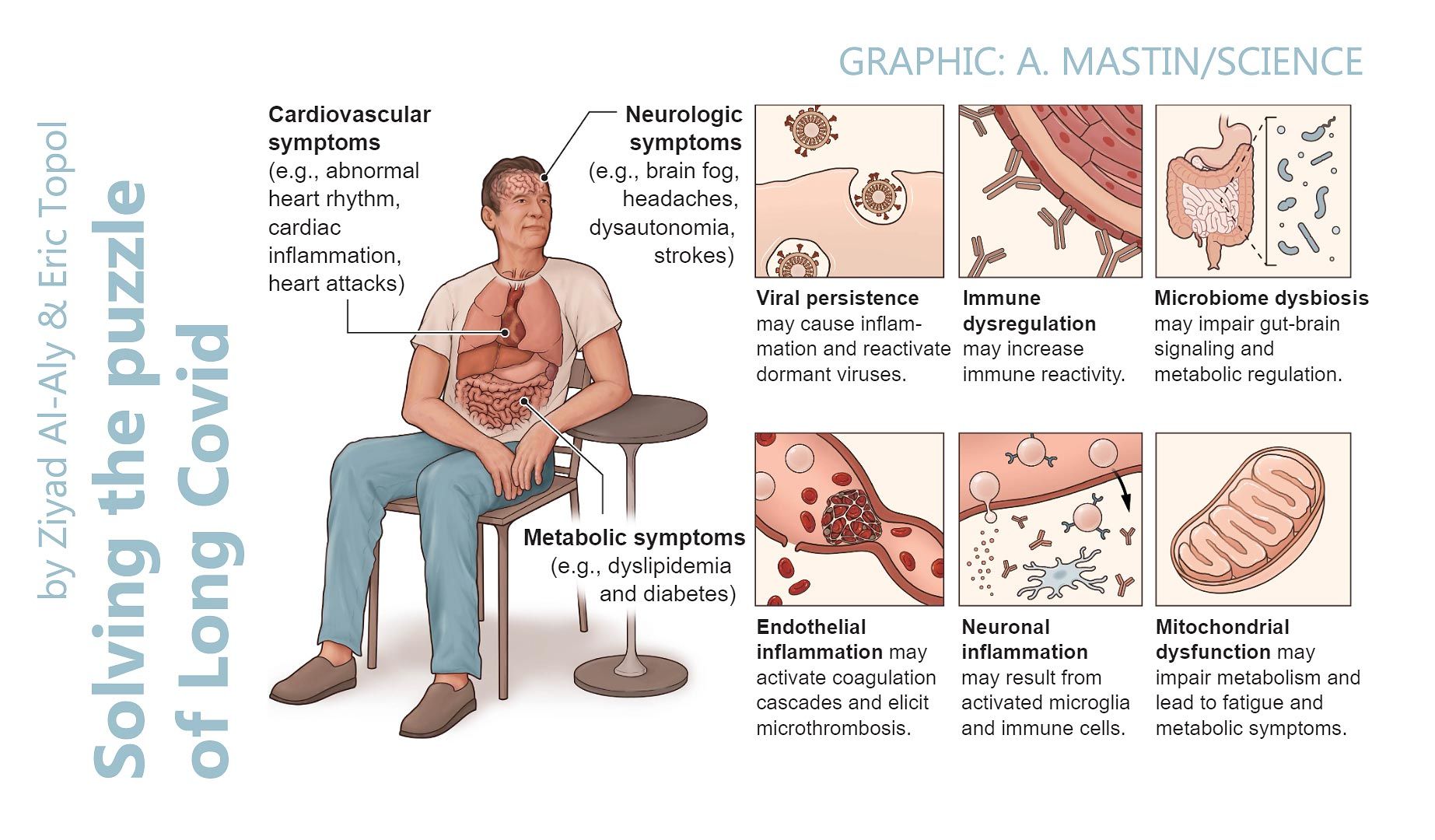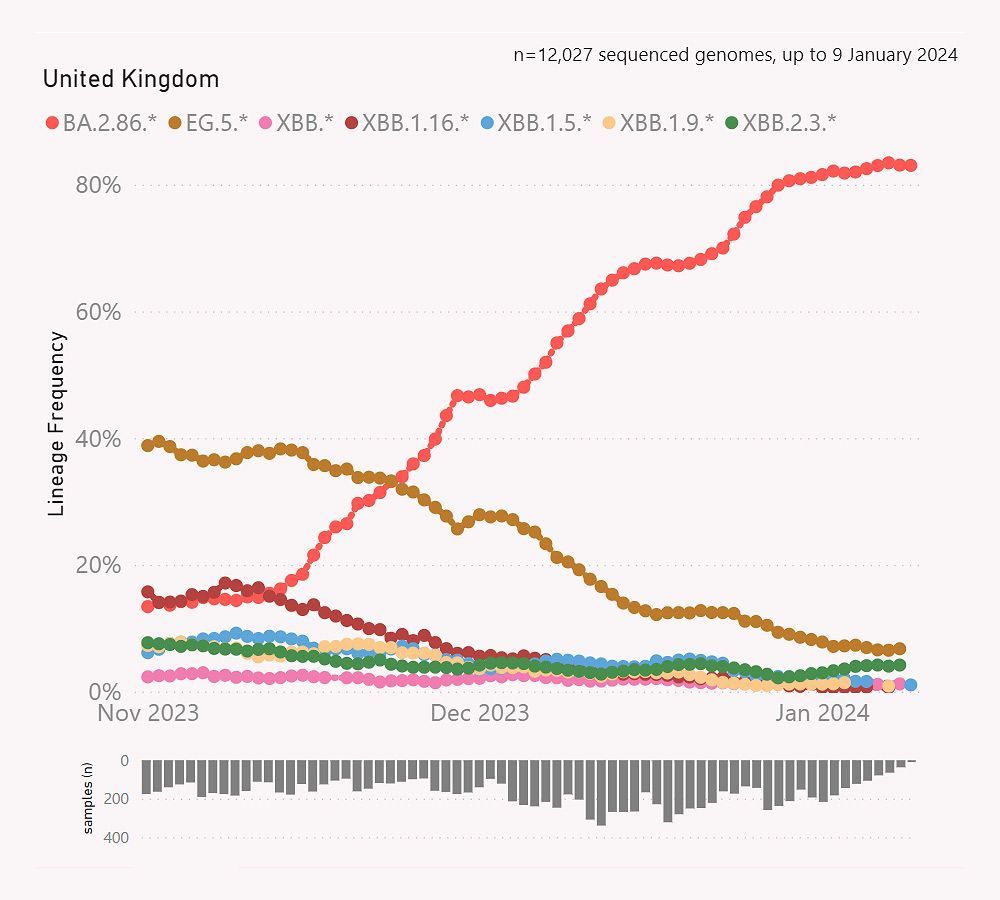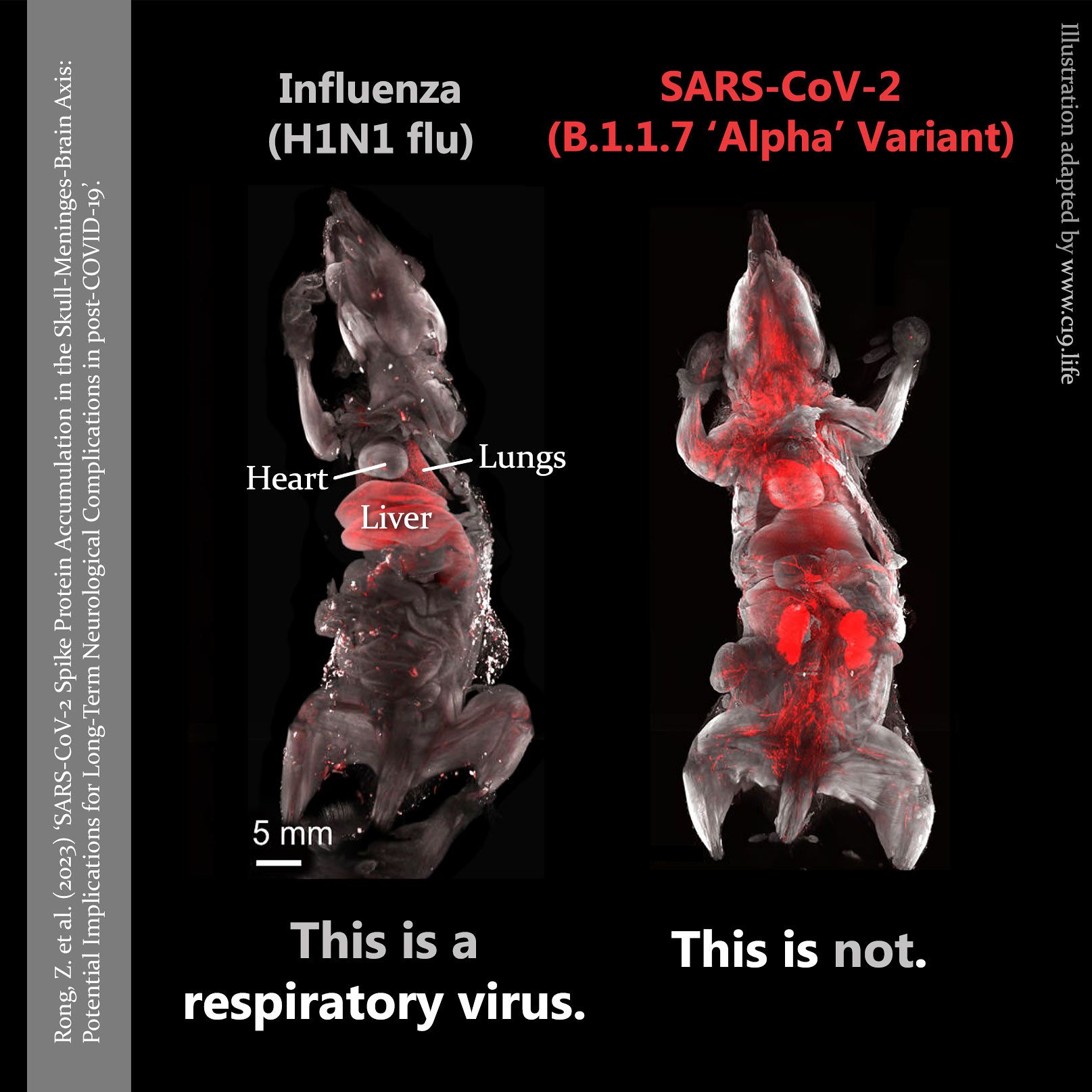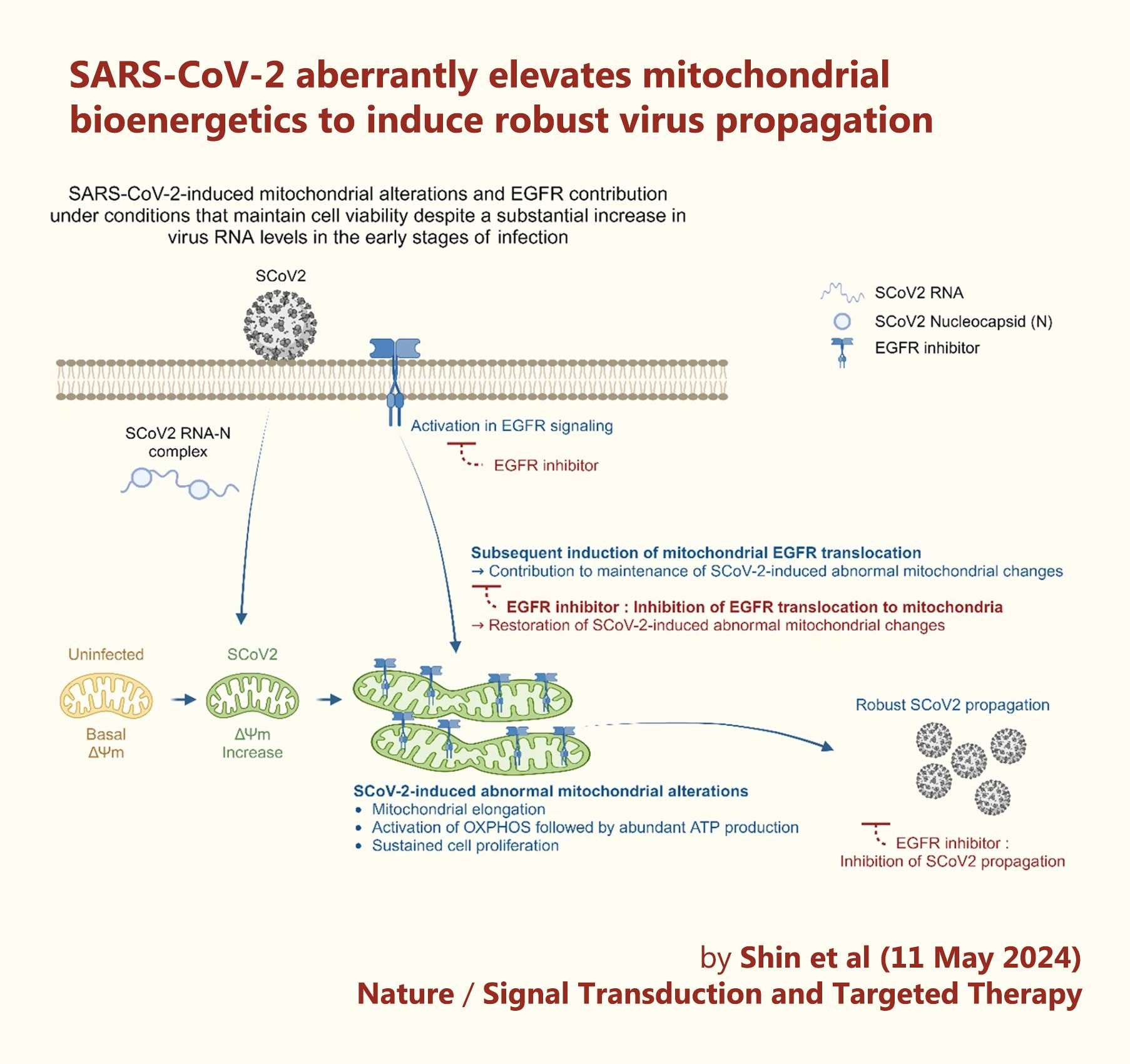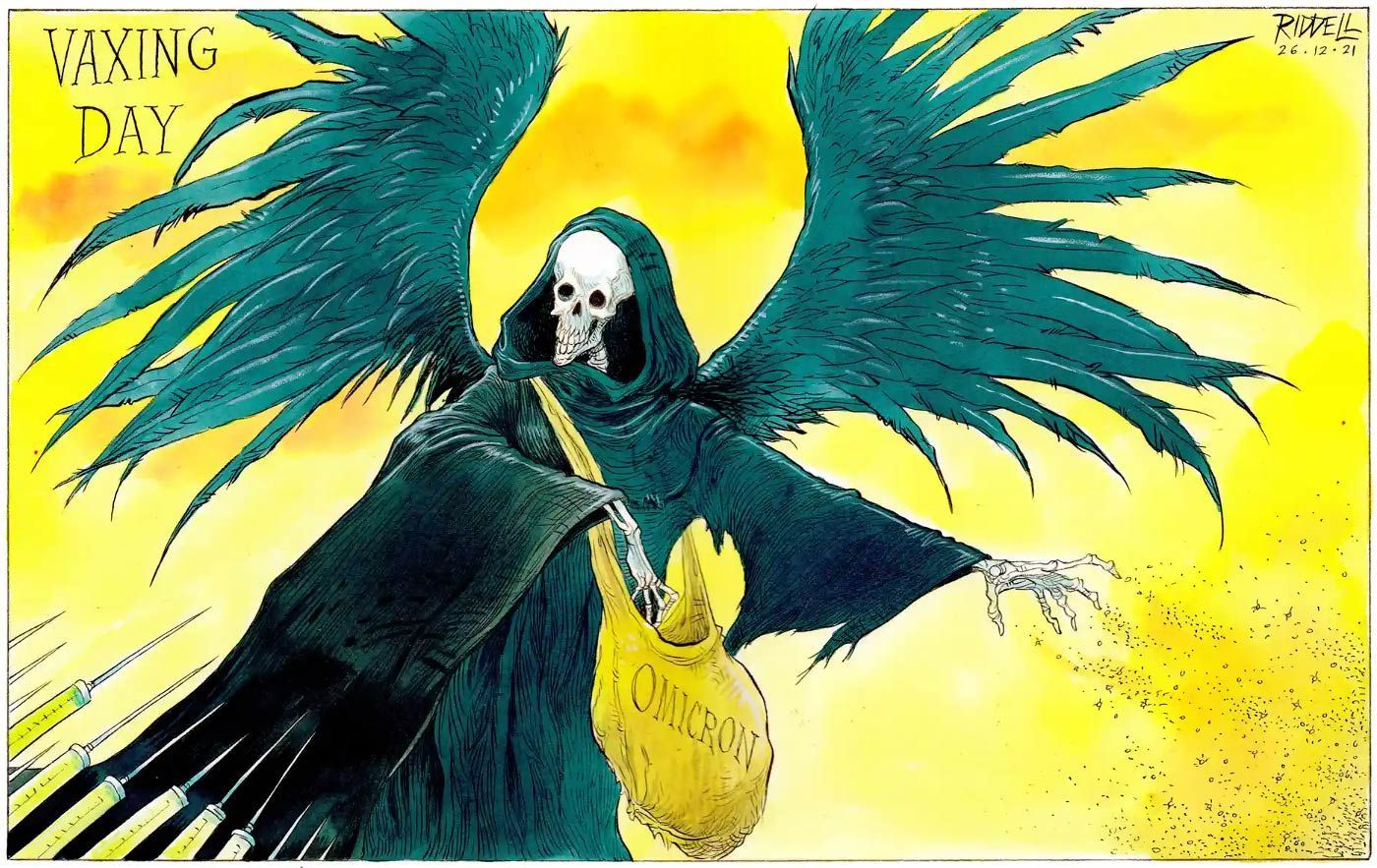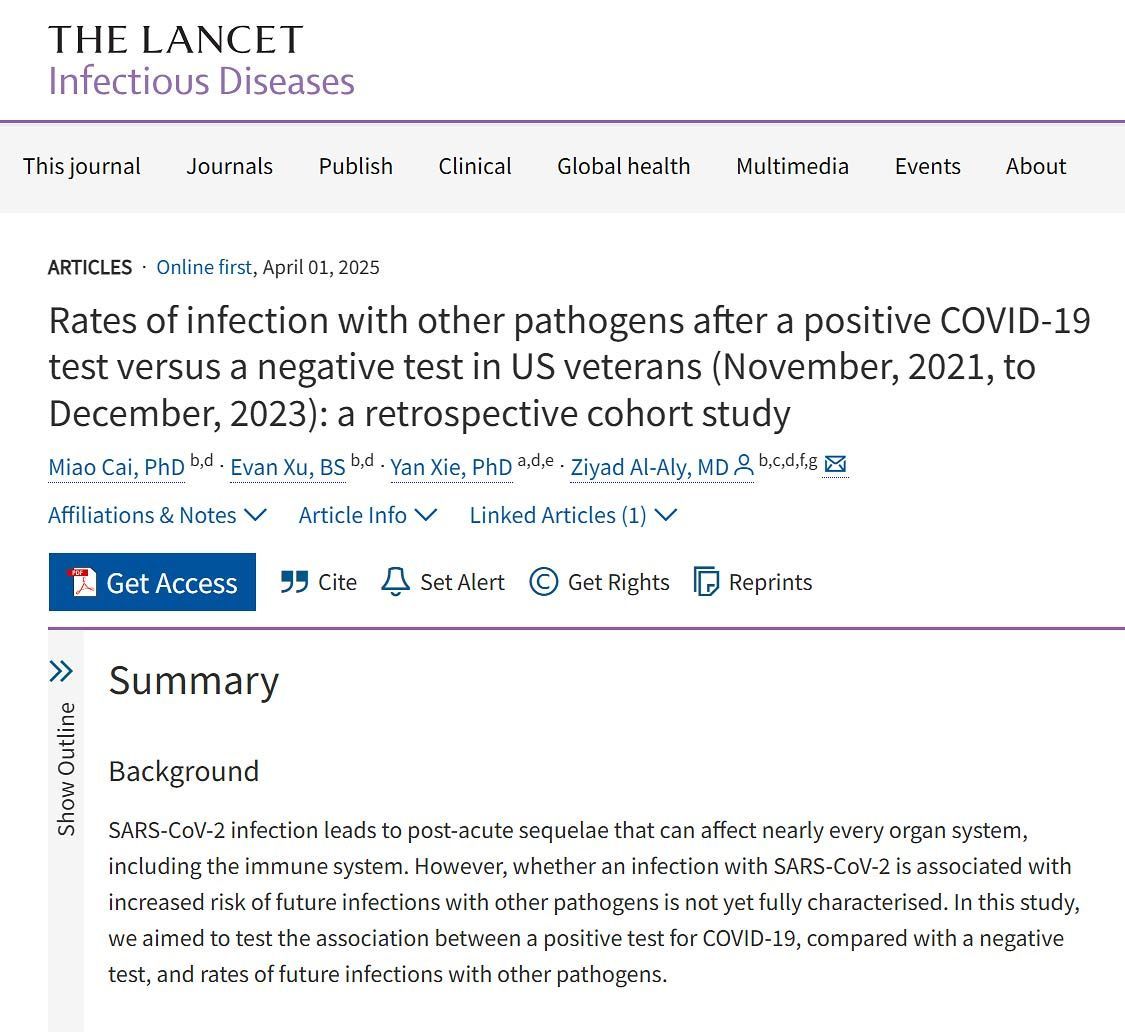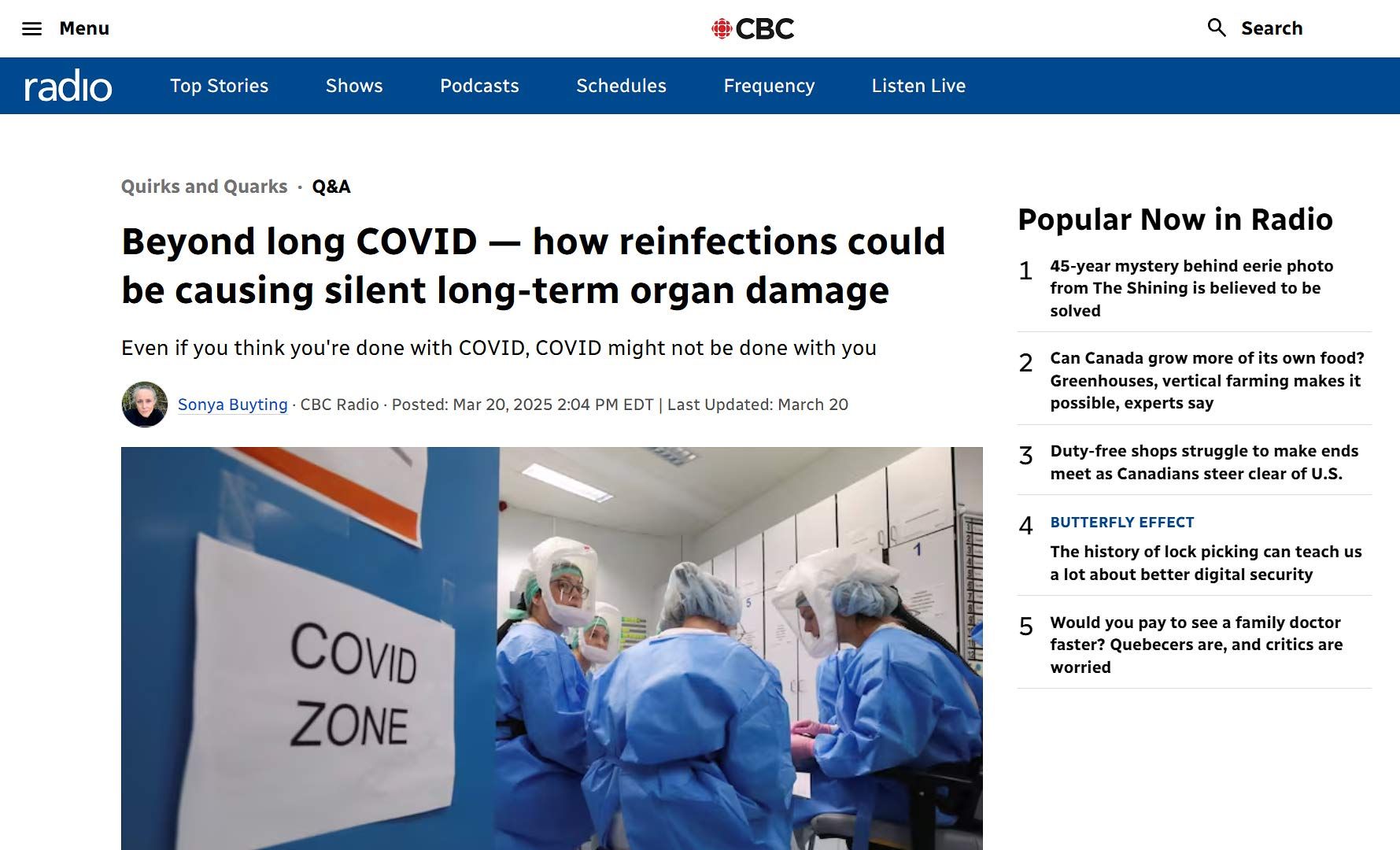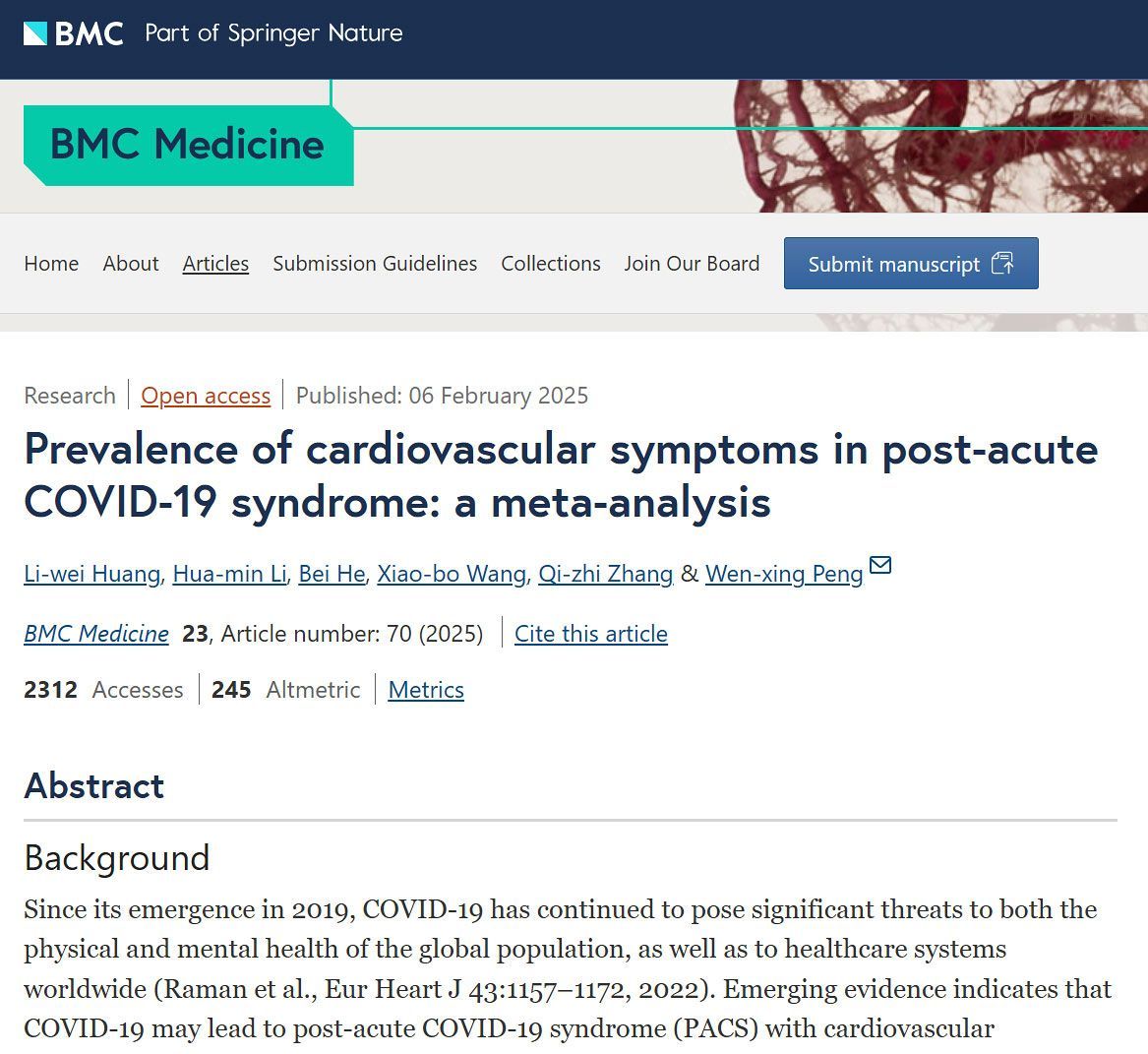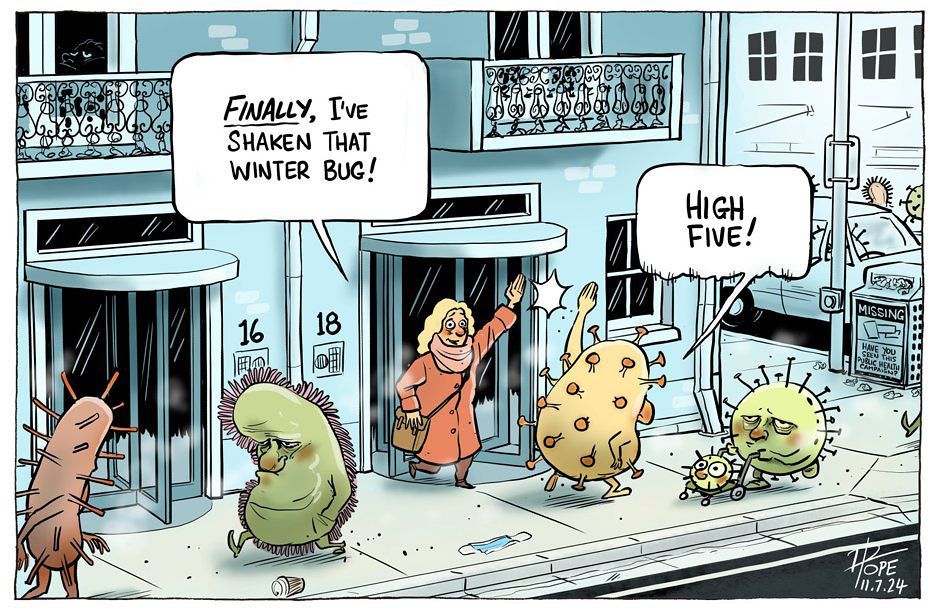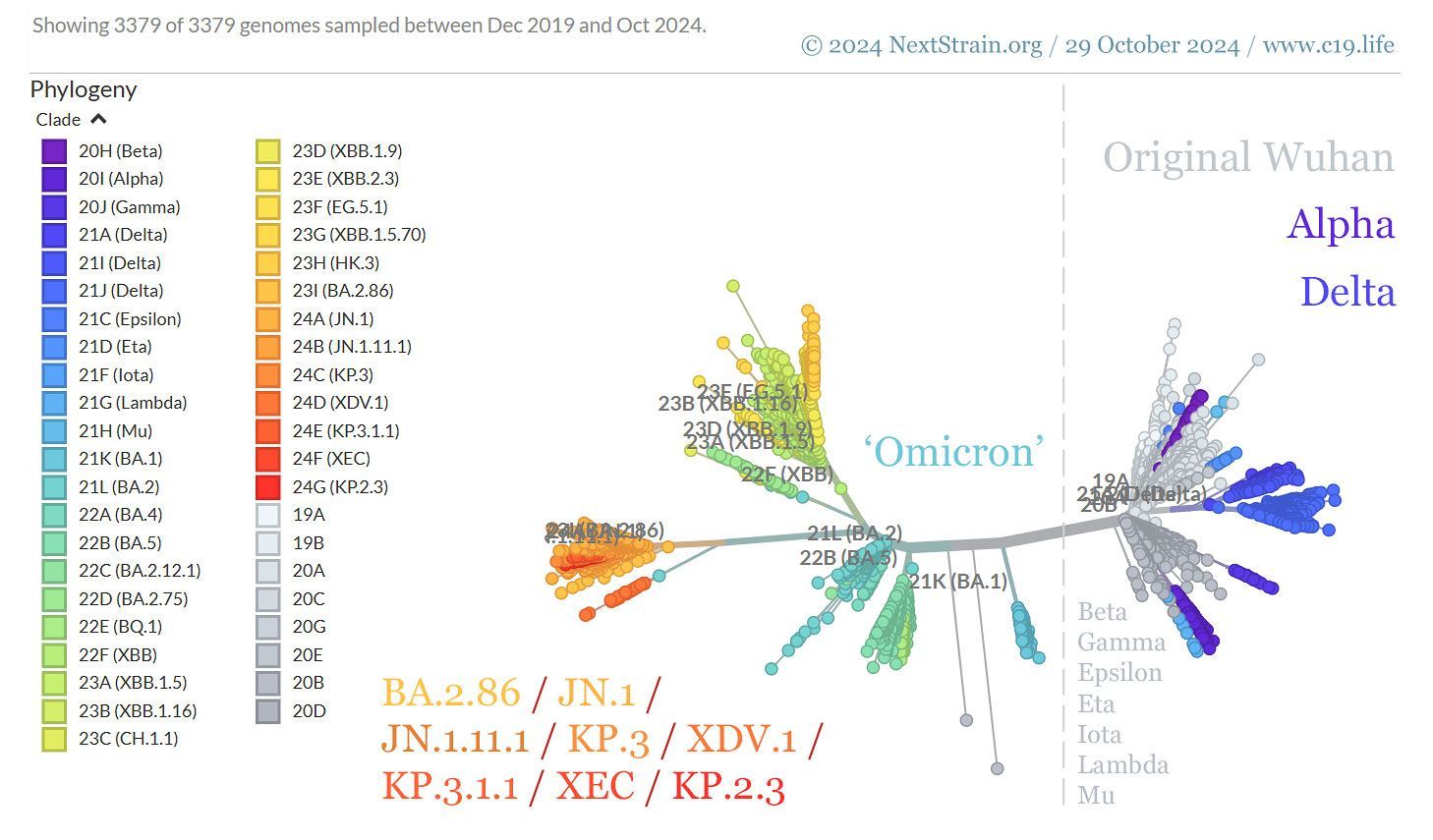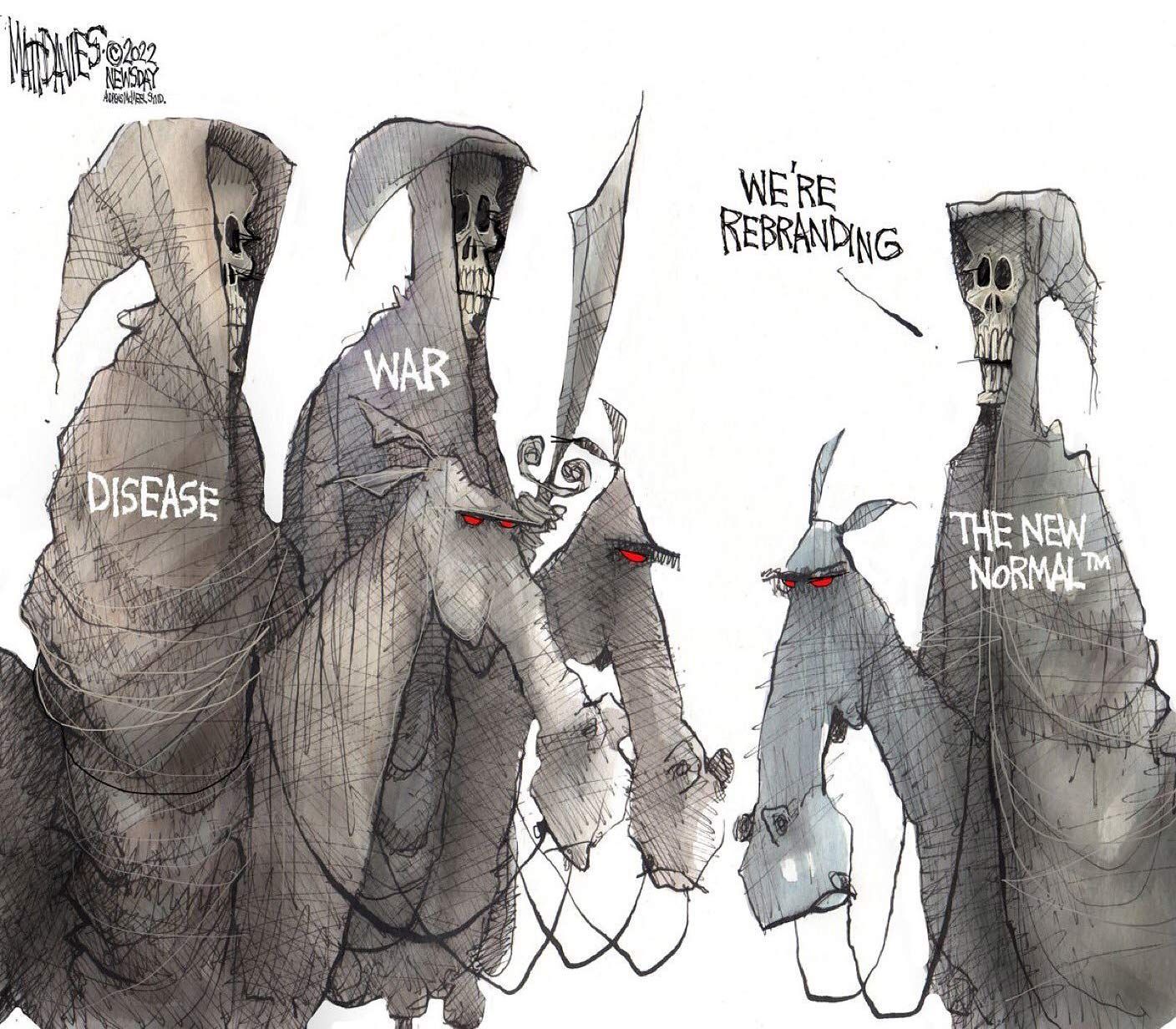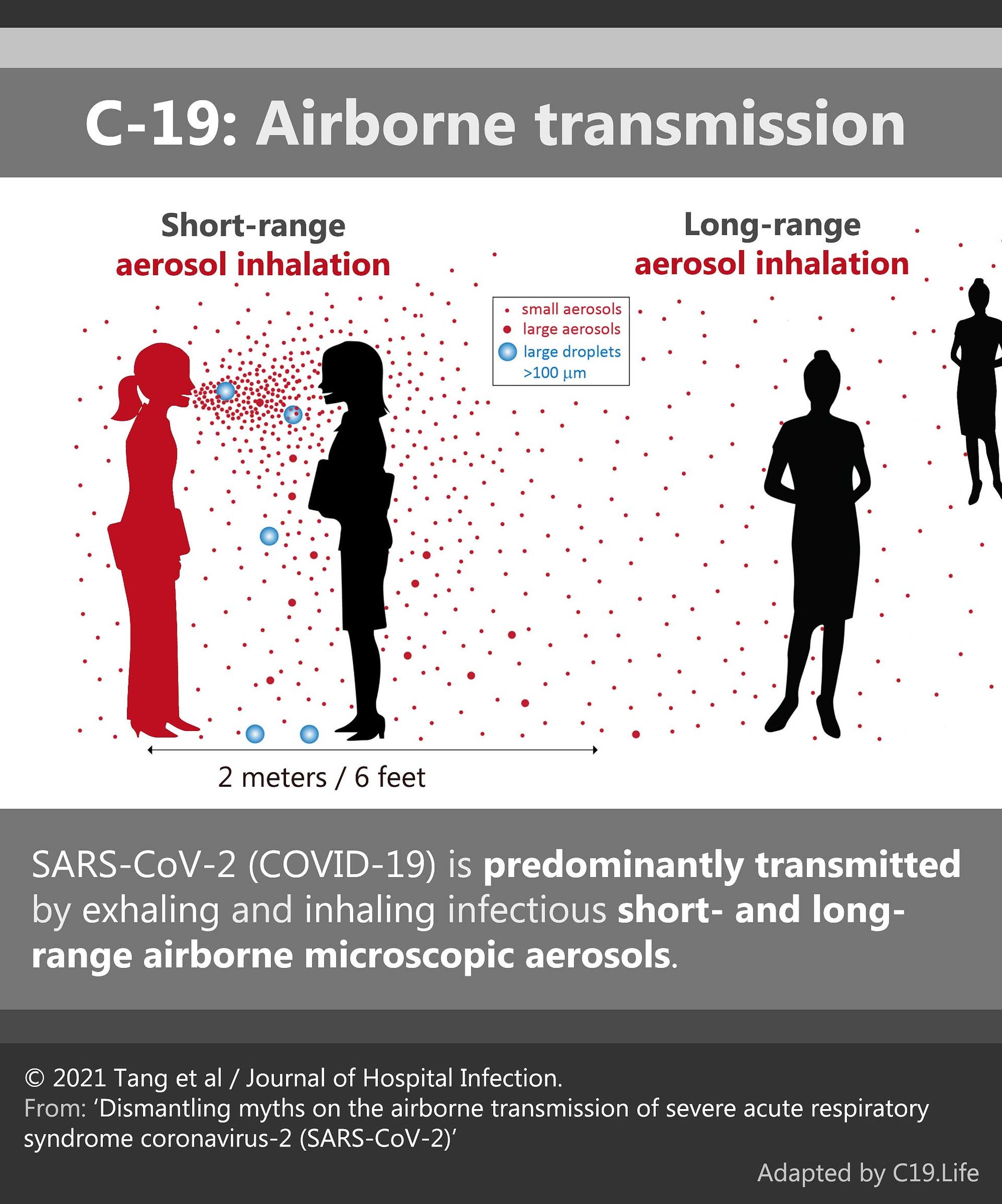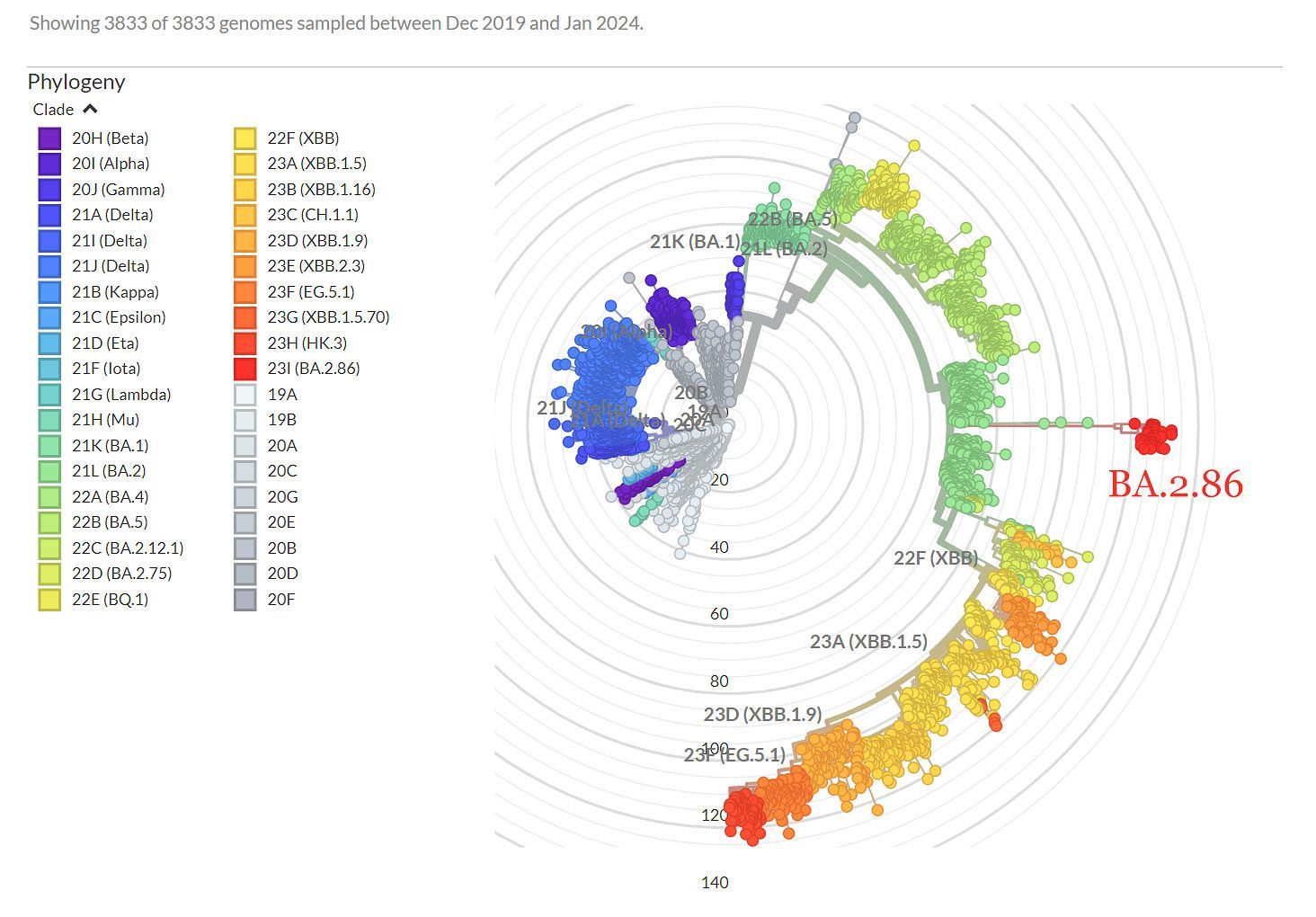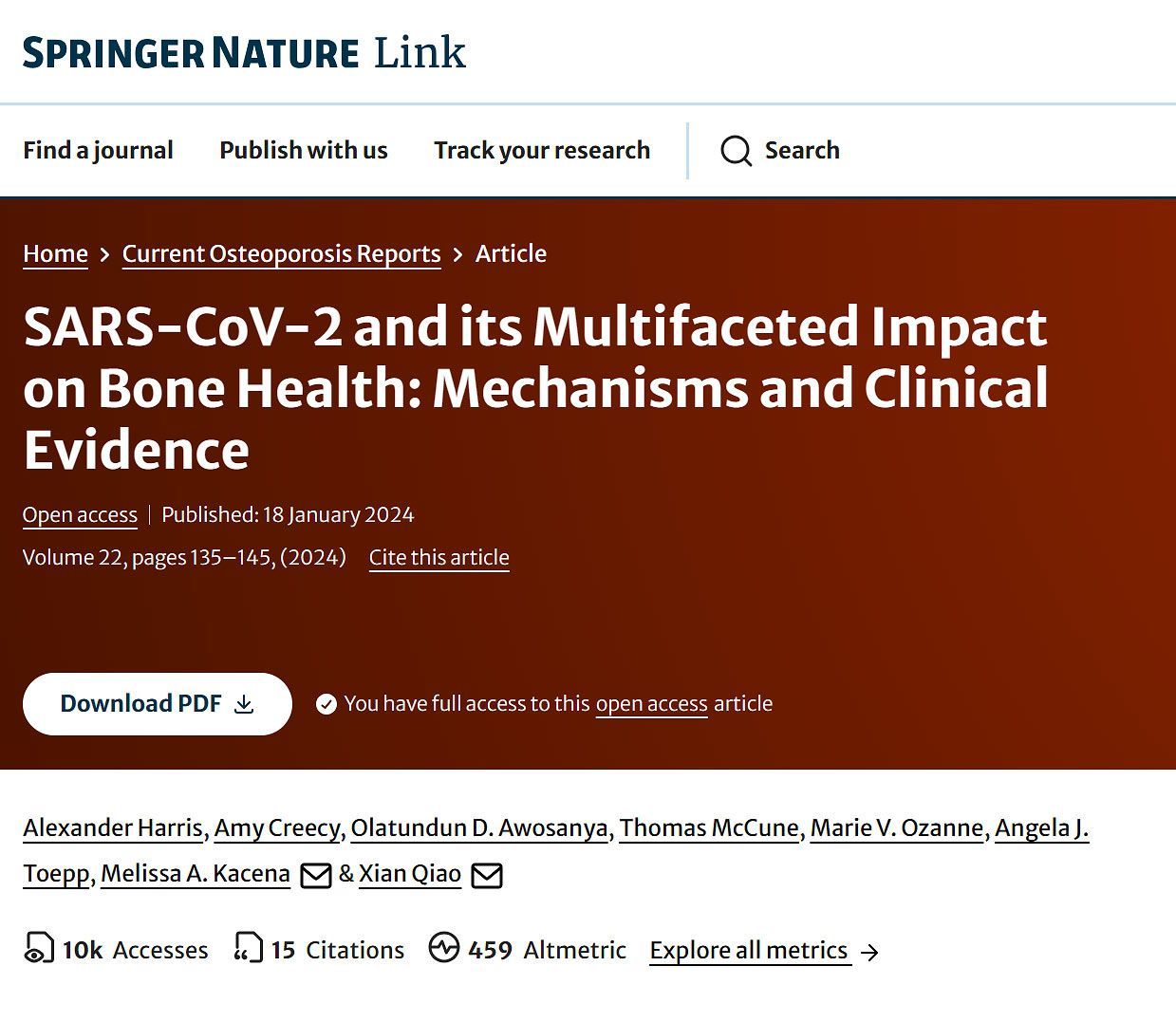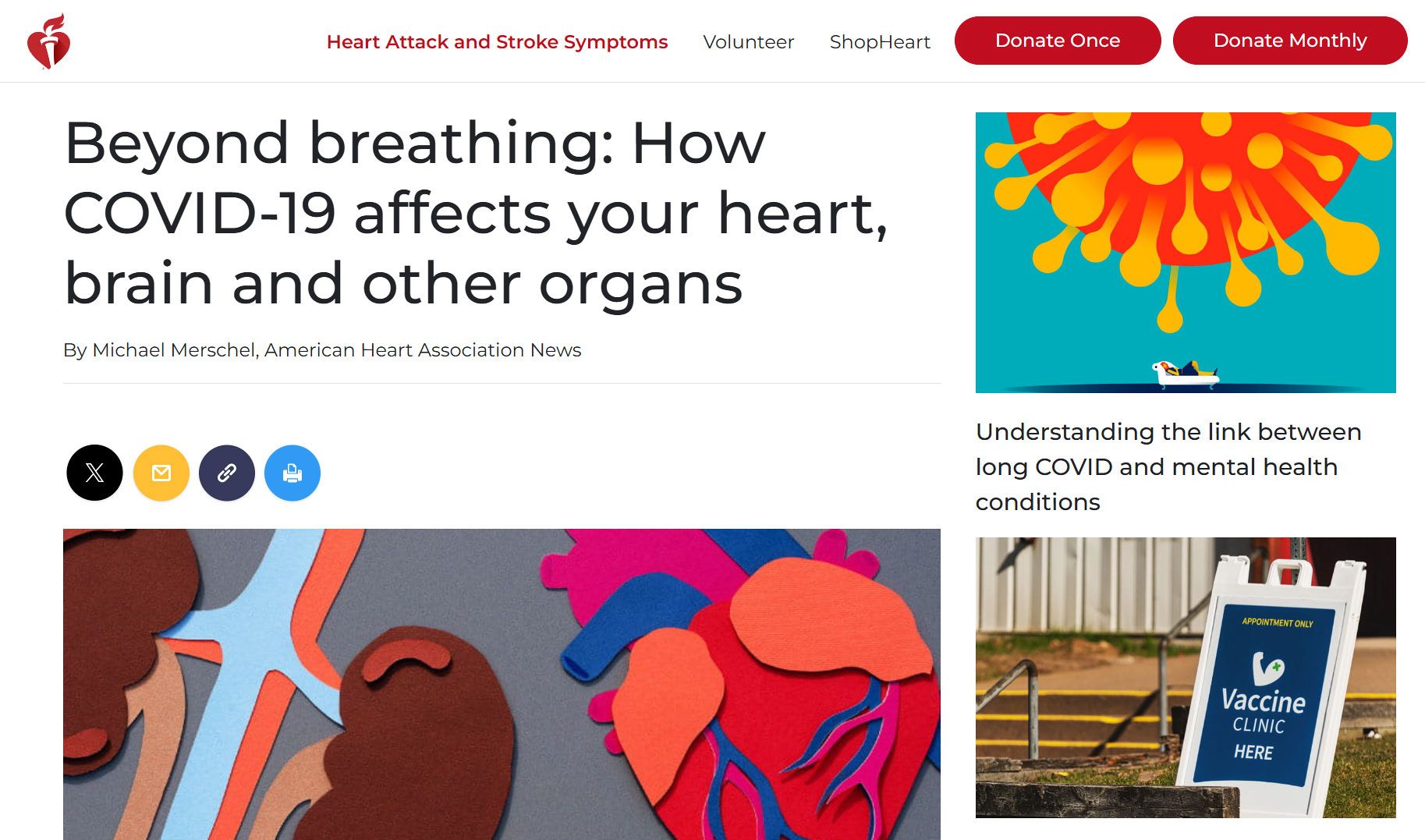➲ Home ➲ C-19 Archives
On Omicron JN.1: 📖 A letter to Amanda Pritchard, Chief Executive Officer of NHS England, from the British Medical Association (BMA)
❦ Ms Amanda Pritchard
Chief Executive Officer
NHS England
Sent via email
22 December 2023
Dear Ms Pritchard,
Re: Need for revisions to the IPC guidance to protect healthcare workers from COVID-19
Recently, we have been hearing increasing concerns from across our respective memberships about the protection of healthcare workers and patients from COVID-19, particularly in light of the rise in cases, hospitalisations and deaths that occurred in September and October [2023].
While it was positive to see a reduction in cases and hospitalisations in November which hopefully reflected a reduction in prevalence as well as the effect of the autumn booster programme, we are starting to see early signs that hospitalisations and cases are starting to rise again.
There is no room for complacency, particularly as we deal with winter with an NHS under serious strain. In any case, suppressing the virus remains crucial to reduce the risk of new variants of concern. Moreover, the consequences of infection for some individuals remain serious.
We have heard from a range of multidisciplinary clinicians from across primary and secondary care express concern about the lack of availability of even the most basic protections in many settings when they are treating patients with confirmed or suspected COVID-19.
Additionally, the BMA’s Patient Liaison Group has shared information about vulnerable patients not attending healthcare settings due to the fear of a possible COVID-19 infection. These are patients, who remain more susceptible to severe disease from COVID-19 and those for whom vaccines are less effective.
As we have routinely highlighted, we believe that the existing Infection Prevention Control (IPC) Manual for England, and the specific IPC guidance for COVID-19 which preceded it, have contributed to the lack of protection many of our members experience.
The manual does appear to recognise that COVID-19 is airborne. It states that Respiratory Protective Equipment (RPE), (i.e. a (FFP) respirator) must be considered when treating a patient with a virus spread wholly or partly by the airborne route (2.4).
However, it then makes an unclear distinction between viruses spread wholly or partly by the airborne route, and those spread wholly or partly by the airborne or droplet route where RPE is only recommended for so called “Aerosol Generating Procedures” (AGPs) – an outdated concept based on very poor evidence. Specifically, in Appendix 11, it states that a fluid resistant surgical mask (FRSM) is adequate protection for the routine care of COVID-19 positive patients (appendix 11), directly contradicting the statement in 2.4.
It also seems very odd to make a distinction between viruses that spread only via the airborne route and those spreading via the airborne or droplet route; staff need protection from an airborne virus in both cases, in one they also need to take droplet-based precautions. The HSE’s own research from 2008 confirms a lack of respiratory protection from a FRSM.
It is accepted that COVID-19 can be and is spread by the airborne route. The recent evidence given at the UK COVID-19 Inquiry clearly shows that aerosol transmission is a significant, and almost certainly the dominant, route of transmission for COVID-19.
The current guidance is therefore, at the very least, confusing and, at the worst, is recommending inadequate protection for healthcare workers treating COVID-19 patients. This continues to put them and their patients at risk of infection and, in some cases, Long Covid.
We are concerned that there has been a lack of stakeholder engagement in recent months to inform updates the IPC Manual. The latest update on 25 October 2023 does not change the recommended PPE for routine care of a patient with COVID-19, although does include a new footnote seven which concerns patients with undiagnosed respiratory illness where coughing and sneezing are significant features but does not mention COVID-19 or provide guidance on recommended PPE or RPE.
Stakeholders, including the signatories to this letter are seeking clarity from you about how we can engage with this process to help inform future revisions of the manual and ensure the guidance is clear and recommends adequate protection for healthcare workers.
Employers ultimately have the responsibility for the safety of their workforce, under Health and Safety Law, and the IPC Manual for England references the need for risk assessments and the need to follow the hierarchy of controls.
Ensuring the protection, so far as reasonably practicable, of staff who are vulnerable through exposure to the virus and any staff or patients who are individually susceptible and at risk of serious illness if they catch COVID-19, remains a paramount legal obligation.
However, the IPC guidance issued by UKHSA is mandatory in all NHS settings and settings where NHS services are provided. This makes it makes it very difficult for NHS Trusts to reconcile the confusing IPC guidance with their statutory duties as employers under health and safety legislation to provide HSE-approved RPE for protection against airborne hazards. This is especially the case as the HSE has opted not to produce its own guidance on the subject.
As we deal with winter, when pressure in the NHS intensifies alongside rising flu and other seasonal respiratory viruses, as well as COVID-19, ensuring there are enough staff across the NHS is more important than ever. COVID-19 is likely to still cause significant staff absence, particularly if cases continue to rise in the coming weeks and months.
Providing clear and adequate IPC guidance, including on the need for RPE and adequate ventilation, will help protect healthcare workers and patients and reduce staff absence this winter. Providing staff with adequate protection will also better protect patients and will help reassure vulnerable patients they can safely access healthcare.
We would appreciate your reassurance that our concerns will be addressed and the relevant IPC guidance will be urgently updated to reflect this, as well as routinely reviewed. We are of course willing to work with your colleagues and the Chief Nursing Officer on IPC guidance.
Yours sincerely,
Professor Phil Banfield.
BMA, Chair of Council.
Dr Barry Jones.
Chair of Covid Airborne Protection Alliance (CAPA).
❂
📖 (22 Dec 2023 ~ The British Medical Association & Covid Airborne Protection Alliance) Need for revisions to the IPC guidance to protect healthcare workers from COVID-19 ➤


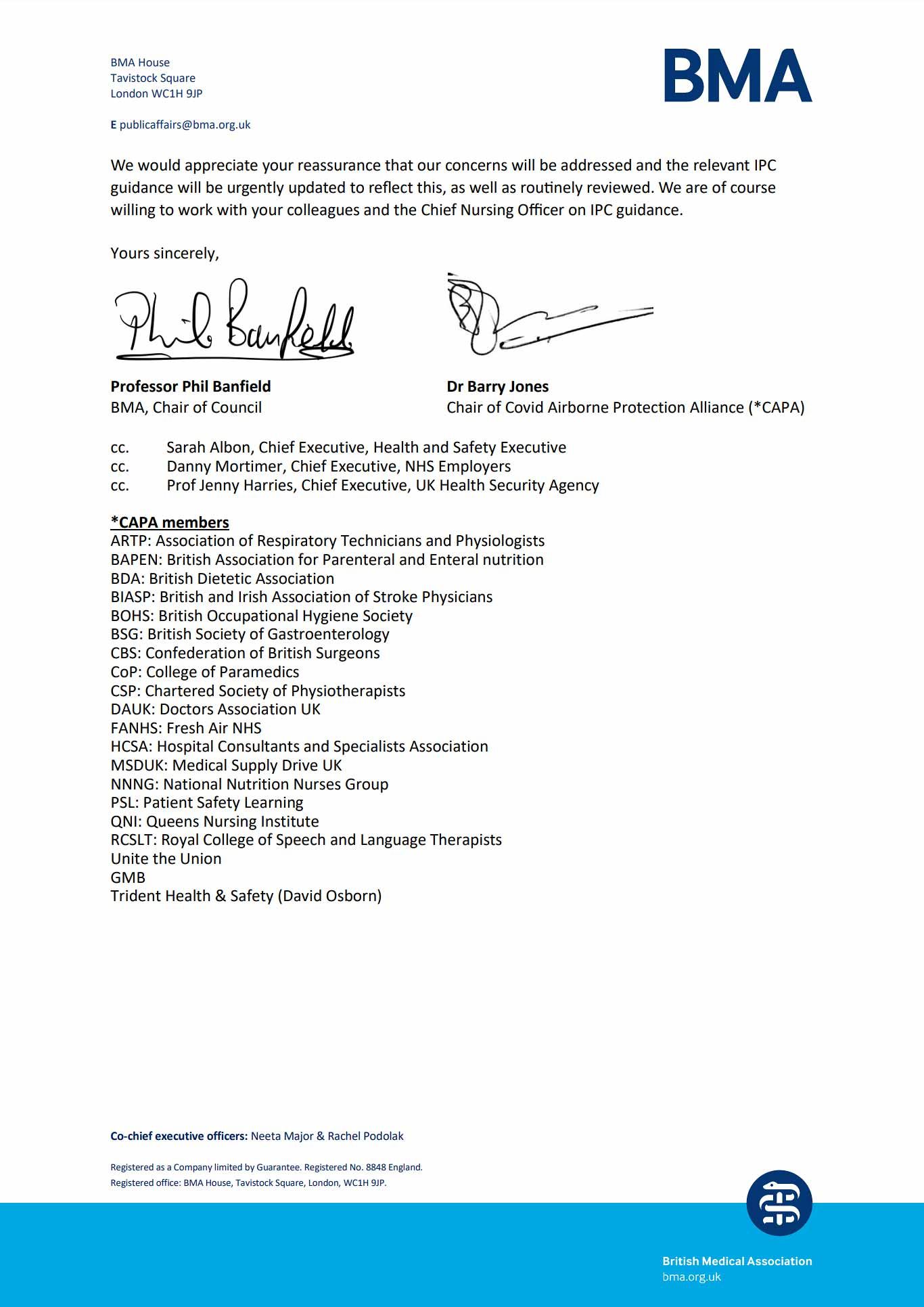
British Medical Association (BMA) letter to Ms. Amanda Pritchard, Chief Executive Officer, NHS England, regarding ‘Need for revisions to the IPC guidance to protect healthcare workers from COVID-19’.
➲ Sent via e-mail 22 Dec 2023.
✻ Accessed 14 Jan 2024.
© 2023 British Medical Association (BMA) and Covid Airborne Protection Alliance (CAPA) [PDF] ➲
C-19: Archives
Useful search tags:
air filtration / babies & children / body / brain / C19.Life / cancer / comment / dementia / economy / elders / excess deaths / exercise / flu / heart / history / hospitals / immunity / influenza / law / Lisa Iannattone / long covid / lungs / mitochondria / muscles / musculoskeletal / NHS / Noor Bari / nosocomial / PEM / parkinson’s / propaganda / reinfections / reproduction and pregnancy / resources / respirators / respiratory / risk / SARS(-CoV-1) / schools / solutions / transmission / universities / UVC / vaccines / variants / WHO / young adults / zoonosis





